In the modern workforce, the choice between freelancing and traditional office jobs has become increasingly significant. Both paths offer unique advantages and challenges, making it essential to weigh them carefully. In this blog, we’ll dive into the benefits and drawbacks of freelancing versus office jobs, focusing on work-life balance, career advancement, and personal satisfaction.
- Work-Life Balance: The Flexibility Factor
Freelancing:
Freelancing is often celebrated for its flexibility. As a freelancer, you have the autonomy to set your own schedule and choose where you work. This means you can balance personal commitments, such as family responsibilities or hobbies, more effectively. You’re also free from the daily commute, which can significantly reduce stress and increase your overall well-being.
However, this flexibility can come with its own set of challenges. Freelancers are responsible for managing their own time and workload, which can sometimes lead to longer hours or inconsistent income. The blurring of boundaries between work and personal life can also result in burnout if not managed properly.
Office Jobs:
Traditional office jobs generally offer a more structured work schedule, which can be beneficial for maintaining a clear separation between work and personal life. Fixed hours and a set location provide a routine that can help employees switch off at the end of the day.
On the flip side, the rigidity of office hours can be a drawback for those seeking more flexibility. Commuting and adhering to a set schedule may limit personal time and lead to a less adaptable work environment.
- Career Advancement: Growth Opportunities
Freelancing:
Freelancing offers the opportunity to work on a variety of projects and with diverse clients, which can build a broad skill set and extensive portfolio. This versatility can be a significant advantage for career growth, as it demonstrates adaptability and expertise in multiple areas.
However, freelancing can sometimes lack the structured career development opportunities found in traditional office environments. There may be fewer formal training programs or mentorship opportunities, and the onus is on the freelancer to seek out new skills and knowledge.
Office Jobs:
Office jobs typically come with clear career progression paths, including promotions and salary increases. Many organizations offer training programs, mentorship, and opportunities to advance within the company. This structured approach can provide a sense of security and a roadmap for career growth.
Nevertheless, office jobs can sometimes be restrictive, with career advancement dependent on company politics or limited by a predefined hierarchy. Moving up the ladder might require waiting for vacancies or meeting specific criteria set by the organization.
- Personal Satisfaction: Finding Fulfillment
Freelancing:
Freelancers often experience a high degree of personal satisfaction from autonomy and control over their work. The ability to choose projects that align with their passions and values can lead to greater fulfillment. The entrepreneurial aspect of freelancing also allows individuals to shape their careers in ways that office jobs might not.
On the downside, the uncertainty of freelancing can create stress and affect personal satisfaction. Inconsistent income and the need to handle all aspects of the business, from client acquisition to administrative tasks, can sometimes overshadow the joy of working on preferred projects.
Office Jobs:
Office jobs can offer a sense of stability and belonging, particularly in organizations with strong team cultures and supportive management. The predictability of regular income and benefits such as health insurance and retirement plans contribute to overall job satisfaction.
However, personal satisfaction in office jobs can be impacted by factors such as workplace culture, job role alignment with personal interests, and limited control over work projects. Some may find the lack of flexibility and autonomy challenging, especially if their job doesn’t align with their passions or career goals.
Conclusion: Which Path is Right for You?
Choosing between freelancing and a traditional office job ultimately depends on your individual preferences, career goals, and lifestyle needs. Freelancing offers unmatched flexibility and the potential for diverse experiences, but it requires self-discipline and resilience. Office jobs provide structure and clear career paths, along with stability and support, but may come with less flexibility and slower career progression.
Reflect on what matters most to you—whether it’s the flexibility to balance personal commitments, the structured growth opportunities, or the satisfaction of working on projects you love. By evaluating these factors, you can make an informed decision that aligns with your career aspirations and personal life.

